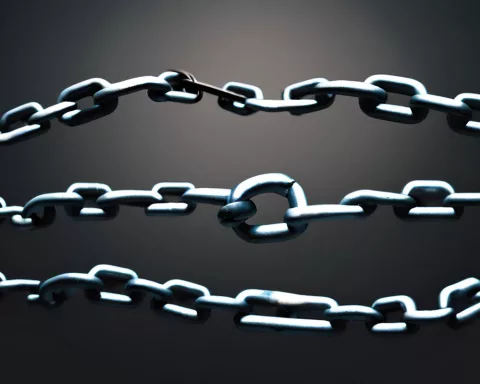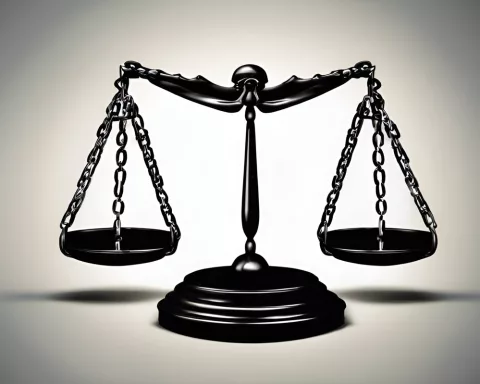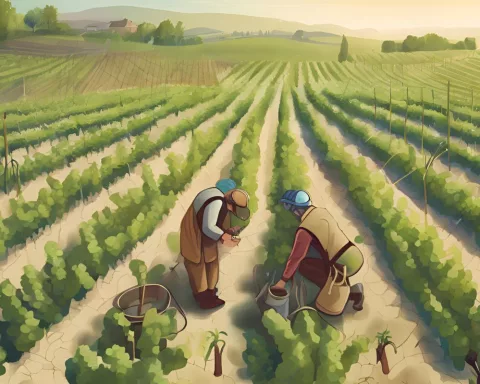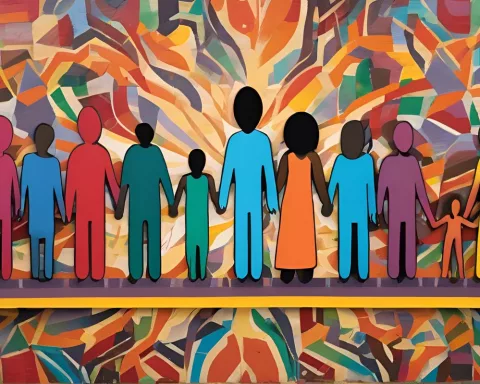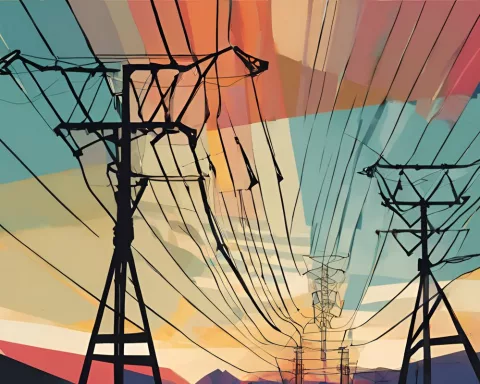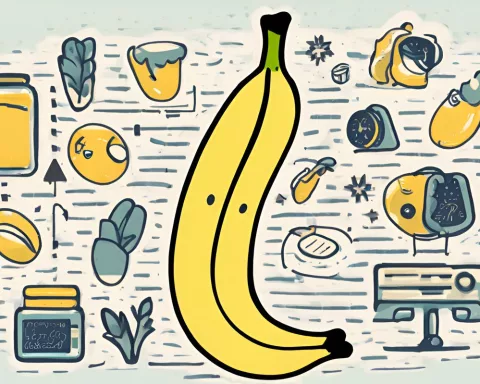Fulgence Kayishema, a 62-year-old Rwandan national, will appear in court for the third time in the Cape Town Magistrate’s Court on June 9th. Kayishema, who is accused of participating in the Rwandan genocide of 1994, was arrested on May 24th in Paarl, South Africa after evading capture for decades.
Charges and Evidence
Kayishema faces two counts of fraud and three counts of violating the Immigration Act. The State is preparing extensive evidence against him. During his previous court appearance, the State requested a postponement due to the large volume of evidence that needed to be sifted through. State Advocate Nathan Adriaanse mentioned that he had received two lever arch files of evidence on June 1st.
Complete Charge Sheet
According to Eric Ntabazalila, the National Prosecuting Authority (NPA) spokesperson in the Western Cape, Advocate Adriaanse has drafted 17 charges after examining some of the files. The complete charge sheet is expected to be handed over to the defense on June 5th.
Fraud and Immigration-Related Charges
The fraud and immigration-related charges against Kayishema stem from allegations that he pretended to be a Burundian national in January 2000. Similar allegations surfaced in 2004 when he applied for formal refugee status and continued to reside in South Africa illegally. Kayishema plans to apply for bail, but the State intends to oppose it.
Pivotal Role in the Massacre
Kayishema is accused of playing a pivotal role in the massacre of approximately 2,000 Tutsis, including women, children, and elderly people, at the Nyange Catholic Church during the Rwandan genocide in 1994. He was indicted and charged with genocide, complicity in genocide, conspiracy to commit genocide, and crimes against humanity by the United Nations International Criminal Tribunal for Rwanda (ICTR) in 2001.
Arrest and Denial of Involvement
Kayishema was arrested at a small grape farm in Paarl, where he worked as a security guard and lived under an assumed name. During his first court appearance, he denied any involvement in the massacre when questioned by journalists. “What I can say, we are sorry to hear what was happening,” he stated when asked if he had a message for the victims. He continued, “There was a civil war in that time, and people were killing each other… I didn’t have any role.”
Reminder of Atrocities and Search for Truth
This case serves as a reminder of the atrocities committed in the Rwandan genocide and the ongoing efforts to bring the perpetrators to justice. While the search for the truth continues, the world watches as the process unfolds, hoping that justice will be served for the victims and their families.


